Substance Use Disorder Terminology
Substance Use Disorder (SUD)
Drug addiction, also called substance use disorder, is a disease that affects a person’s brain and behavior and leads to an inability to control the use of a legal or illegal drug or medication. Substances such as alcohol, marijuana and nicotine also are considered drugs.
Opioid Use Disorder (OUD)
Opioid addiction or Opioid Use Disorder is a disease that involves compulsive drug-seeking, even when there may be negative consequences. It’s not a moral weakness. It’s a chronic disease in which people develop a pattern of using opioids that can lead to clinically significant impairment or distress. Some of the most commonly abused opioids include hydrocodone, oxycodone, codeine, and heroin.
Harm Reduction
Harm reduction is a set of practical strategies and ideas aimed at reducing negative consequences associated with drug use. Harm reduction incorporates a spectrum of strategies from safer use, to managed use to abstinence to meet people who use drugs “where they’re at,” addressing conditions of use along with the use itself.
Naloxone (Narcan)
Naloxone is a medication designed to rapidly reverse opioid overdose. It is an opioid antagonist—meaning that it binds to opioid receptors and can reverse and block the effects of other opioids. It can very quickly restore normal respiration to a person whose breathing has slowed or stopped as a result of overdosing with heroin or prescription opioid pain medications.
Evidence Based Interventions
Evidence–based interventions are practices or programs that have peer-reviewed, documented empirical evidence of effectiveness. Evidence–based interventions use a continuum of integrated policies, strategies, activities, and services whose effectiveness has been proven or informed by research and evaluation.
Fentanyl
Pharmaceutical fentanyl is a synthetic opioid pain reliever, approved for treating severe pain, typically advanced cancer pain. It is 50 to 100 times more potent than morphine.
In most recent cases of fentanyl-related harm, overdose, and death in the U.S. are linked to illegally made fentanyl. It is sold through illegal drug markets for its heroin-like effect. It is often mixed with heroin, methamphetamine, cocaine, or other drugs as a combination product—with or without the user’s knowledge.
Medication Assisted Treatment (MAT)
Medication-assisted treatment (MAT) is the use of medications in combination with counseling and behavioral therapies, which is effective in the treatment of opioid use disorders (OUD) and can help some people to sustain recovery.
Years of Potential Life Lost (YPLL)
Years of potential life lost (YPLL) is an estimate of the average years a person would have lived if he or she had not died prematurely. It is, therefore, a measure of premature mortality.
Peer Recovery Supporters (or Specialists)
Peer Recovery Support Specialists are individuals who are in recovery from substance use or co-occurring mental health disorders. Their life experiences and recovery allow them to provide recovery support in such way that others can benefit from their experiences.

